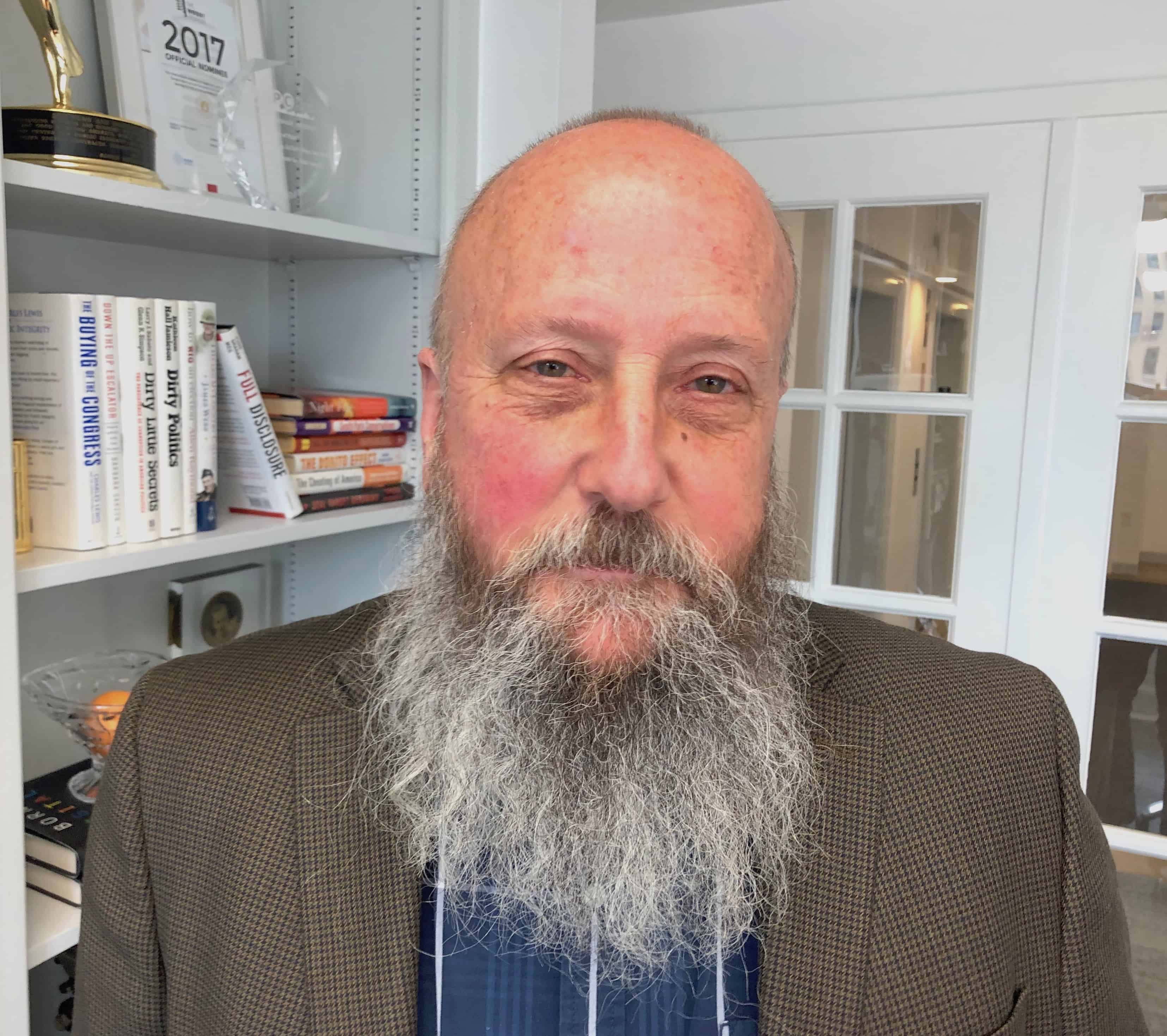Introduction
Farm subsidies have a way of inciting people. Here, in the words of the Environmental Working Group, is why:
“Just ten percent of America’s largest and richest farms collect almost three-fourths of federal farm subsidies – cash payments that too often promote harmful environmental practices.”
For the past five years, EWG has undertaken the arduous task of acquiring subsidy-payment data from the U.S. Department of Agriculture through the Freedom of Information Act, cleaning up millions of records and assembling them into a database that can be searched by name, county, city, farm program, crop and congressional district. The database has had more than 200 million searches and contains more than 100 million records, said EWG spokesman Don Carr. It has yielded thousands of print and broadcast stories.
EWG’s herculean efforts aside, it seems reasonable to ask why the USDA doesn’t make the subsidy data available in a user-friendly form on its own website or on the Obama administration’s new www.data.gov. The department, after all, publishes vast amounts of other data it collects about crop production, farming costs, livestock slaughter, and food price inflation. Pressed on the matter, USDA spokesman Caleb Weaver wrote in an e-mail that the agency “will continue to provide transparency in making farm payment information available to the public upon request. The agency regularly provides this information to individuals and organizations that request this data.”
Not every requester, however, has what Carr calls “professional data guys,” able to do months of heavy lifting so the public can learn, with a few keystrokes, for example, that the government gave Owen Goertz of Cheyenne, Wyoming, $119,362 from 2003 through 2005. With billions of dollars at stake, taxpayers should hope that EWG never loses interest.
ABOUT THE DATA:
What: Farm subsidy payments made by the U.S. Department of Agriculture
Where: USDA, Washington, D.C.
Availability: Released under FOIA
Format: Colon delimited text
Usability: N/A
The Data Mine is a joint project of the Center for Public Integrity and the Sunlight Foundation.

Join the conversation
Show Comments